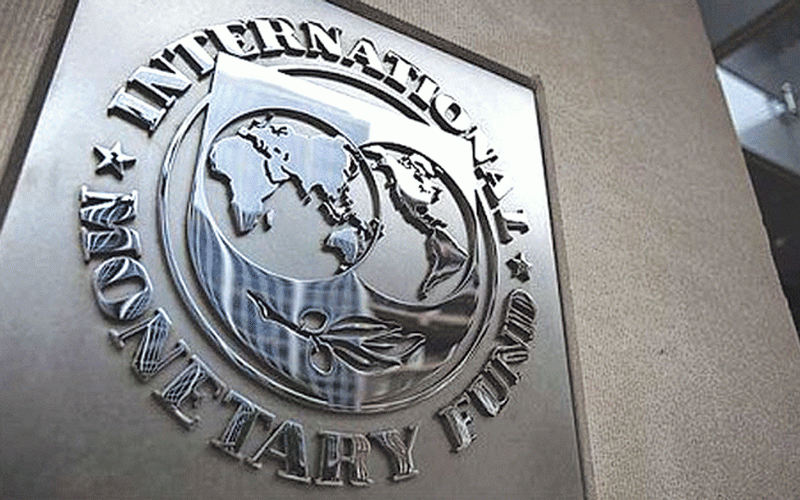
The International Monetary Fund (IMF) said last week that it had completed discussions on a supervised economic reform programme for Zimbabwe, which acts as a building block in the normalisation of relations between the country and its creditors.
The economic plan, Staff Monitored Programme (SMP), is meant to support Zimbabwe’s efforts to stabilise the economy and re-engage with the international community on the arrears clearance and debt resolution process, IMF said.
The end game is that Zimbabwe will be able to access cheap capital from multilateral and bilateral financial institutions after clearing its overdue obligations.
Zimbabwe has been pushing for a SMP to accelerate the reform process to address some of the housekeeping issues as it seeks to clear external debts owed to bilateral and multilateral creditors.
In the interim, the country undertook economic and governance reforms to show its commitment to the arrears clearance plan. While the wheels moved faster on economic reforms, the same cannot be said of governance indicators where the country met less than half of the target.
The IMF sees SMP as a durable anchor to macroeconomic stability, building on policy recommendations from the 2024 Article IV consultation.
It said IMF staff would continue working closely with the authorities on defining key parameters and modalities of the programme. Discussions, it said, included adjusting the fiscal position to avoid recourse to monetary financing and new arrears and building the foundation for durable fiscal consolidation; fiscal risks residing off-budget (including from the operations of the Mutapa Investment Fund); the effectiveness of the monetary policy framework for the Zimbabwe Gold and reforms to strengthen economic governance.
“The authorities' re-engagement efforts, through the Structured Dialogue Platform (SDP), are key for attaining debt sustainability and gaining access to concessional financial support. In this context, SMP will help in enhancing policy credibility and advancing the reform agenda embedded in the SDP,” IMF said.
- Village Rhapsody: How Zimbabwe can improve governance
- Village Rhapsody: Engage men to end gender-based violence
- Village Rhapsody: How Zimbabwe can improve governance
- Zim maize output to drops by 43%
Keep Reading
The signing off of the SMP with the IMF is expected by the first quarter of 2025. Government will then undertake a resource mobilisation exercise for “wet” SMP on key priority areas — social protection, education, health, food security/agriculture and climate change.
After the successful implementation of SMP, Zimbabwe will engage a bilateral credit champion to assist with resource mobilisation of bridging finance to clear arrears to the World Bank, the African Development Bank, the European Investment Bank and others. It will request debt relief and restructuring, working together with financial and legal advisers.
This process is long but necessary if Zimbabwe wants to normalise relations with bilateral and multilateral creditors.
What is key is to get the SMP right, which is a forerunner to other processes. It will be tough but not insurmountable
Zimbabwe cannot continue to be a pariah State forever.
It cannot run up the hill of economic recovery carrying a backpack of debt on its back, as arrears clearance champion Akinwumi Adesina once said.
It is the time to chart a new course.






